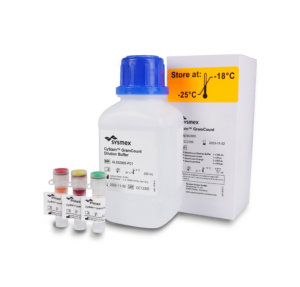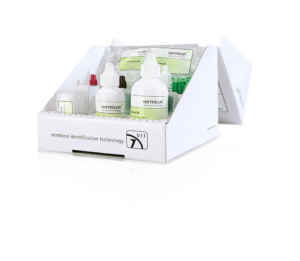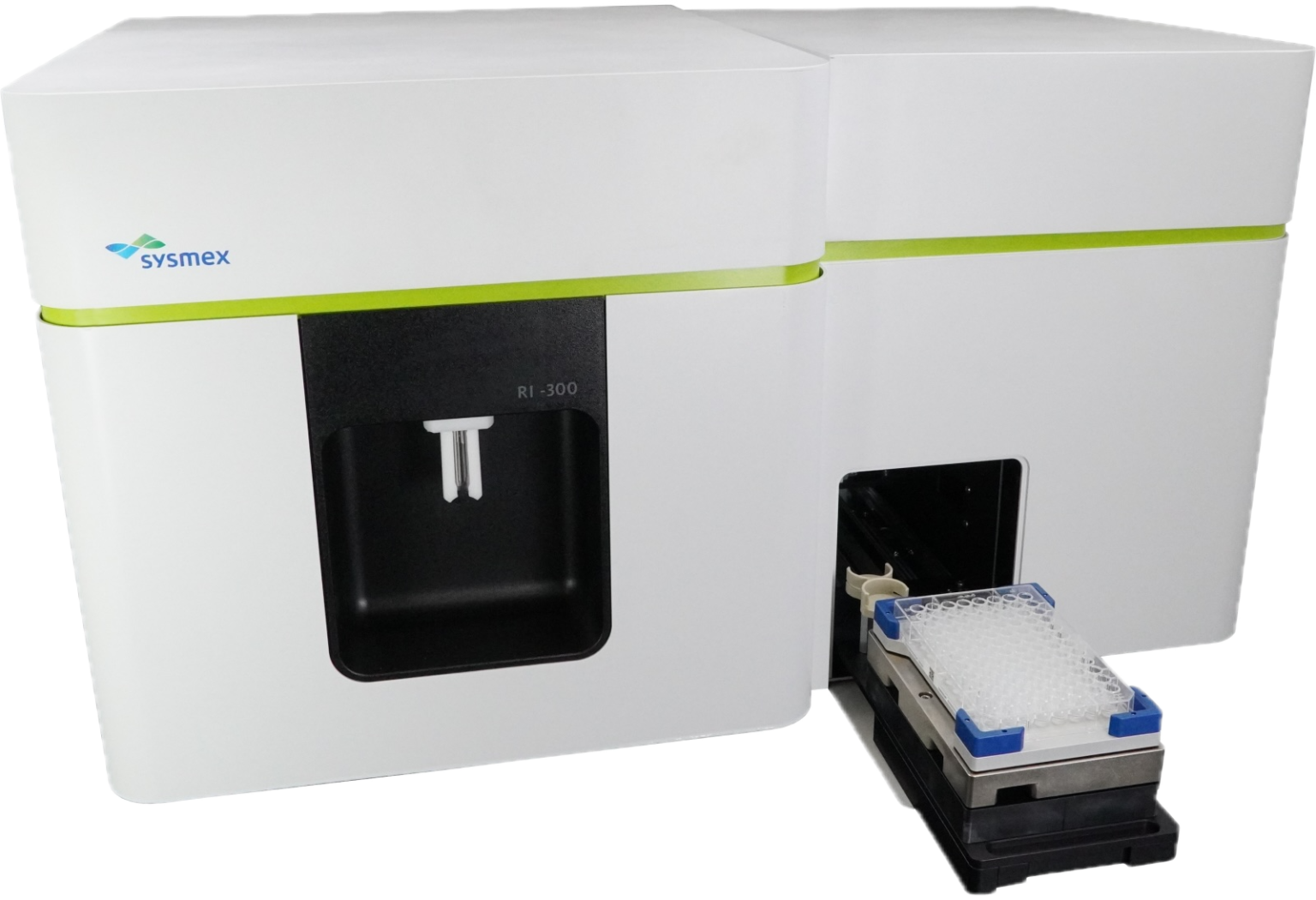Wine and Beer

Measuring bacteria in fermented beverages such as wine and beer during the production process is essential for ensuring the quality, safety, and consistency of the product, while also optimizing production processes.
Sysmex has partnered with Gusmer Enterprises to offer fermented beverage customers tailor-made solutions and excellent service for their production.
Quality Control
Bacteria can significantly impact the taste, aroma, clarity, and overall quality of beverages.
Preventing Spoilage
Some bacteria can spoil beverages, causing off-flavors and aromas. Regular monitoring allows for early detection and intervention to prevent spoilage.
Fermentation Control
Different bacteria and yeasts play roles at various stages of fermentation. Monitoring their levels helps in managing the fermentation process more effectively, ensuring that it proceeds as intended.
Safety
Although rare, certain harmful bacteria can grow in beverages. Monitoring helps to ensure the wine is safe to consume.
Predicting flavor characteristics
The types and amounts of bacteria present can predict certain characteristics, such as acidity, flavors, tannin levels, and mouthfeel.
Process Optimization
Identifying and controlling bacterial levels can help fermented beverage manufacturers optimize their fermentation processes, improve efficiency, and reduce waste.
Malolactic Fermentation (in wine)
This is a secondary fermentation process where lactic acid bacteria convert malic acid to lactic acid, softening the wine’s taste. Monitoring these bacteria is crucial for managing this process.



